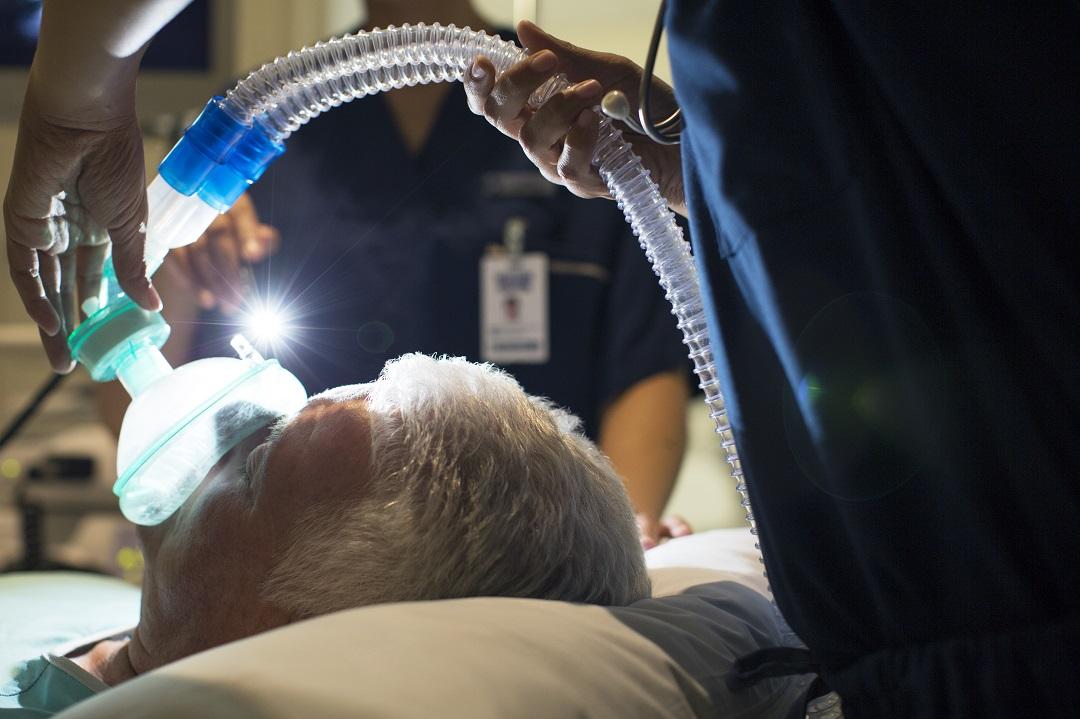Dementia vs delirium
The symptoms of dementia and delirium can appear similar, especially to someone who doesn’t know the person well.

Delirium is not the same as dementia, but the symptoms can appear similar, especially to someone who doesn’t know the person well. What’s more, having dementia can increase the likelihood of experiencing delirium, and having a prolonged delirium increases the risk of developing or exacerbating dementia. So it is important to be able to recognise the difference between the two conditions.
What is the difference between dementia and delirium?
| Dementia | Delirium |
| Develops slowly (over months or years) | Develops suddenly (1 – 2 days) |
| Gradually gets worse over time | Can get better quickly with the right treatment |
| Symptoms usually consistent from day to day | Symptoms can change from hour to hour |
| A long term, chronic health condition | An urgent medical problem |
Symptoms of delirium
While the symptoms of delirium can be similar to dementia, particularly for people with Lewy Body dementia, the key difference with delirium is the sudden onset and symptoms that fluctuate quickly. A person experiencing delirium may:
- become drowsier or more agitated than usual
- have difficulty focusing or staying on task
- feel confused about their location or the time
- find it hard to perform tasks, such as walking or eating
- struggle to express themselves clearly or follow a conversation
- have rapid changes in mood or behaviour
- experience hallucinations, perceiving sights or sounds that aren’t present
- become paranoid or suspicious, believing things that aren’t true.
Unfortunately, delirium is often missed or thought to be something else, especially if the person is already diagnosed with dementia. It is often easier for someone who knows the person well to identify whether they are ‘not themselves’, acting out of character or have changed from their usual behaviour. It is vital that family members or close friends of the person talk with the health care team about these changes.
Causes of delirium
Delirium is more likely to develop in people over the age of 65, who have dementia, who are frail and/or have multiple medical conditions. It can be caused by:
- Pain
- Infection
- Having a general anaesthetic
- Injury
- Gastrointestinal issues
- Poor nutrition or dehydration
- Organ failure
- Medication side effects.
Diagnosis and treatment of delirium
It is important for delirium to be diagnosed and treated quickly as it may be a symptom of an underlying serious health problem. Delirium may increase the risk of developing dementia (or worsen symptoms for people diagnosed with dementia).
Once the underlying causes of delirium are treated, most people’s symptoms improve within days or weeks. However, some people may have ongoing problems with memory and thinking for several weeks or even months, especially if they’ve had delirium following a major operation or illness.
If you are providing support for someone experiencing delirium, here are some tips to guide you:
- Provide reminders of where they are (e.g. in hospital) and if needed who you are.
- An easy to see clock with time of day and date can be reassuring for some people.
- If they are away from their usual home, try bringing in familiar objects (eg. A quilt from home, or family photos that they will recognise.)
- Help keep the person hydrated by offering regular drinks or keeping water visible and nearby.
- Talk to the staff if getting adequate food is an issue. For example, a speech pathologist can help with swallowing difficulties or an occupational therapist can recommended adapted cutlery , plates or cups.
- Try to keep the environment calm, reduce noise and monitor lighting levels – bright during the day and softer, dimmer lighting at night.
- Signage, in pictures and words can be helpful especially where the toilet is.
It can be comforting to offer reassurance, especially if the person has distressing hallucinations (seeing things that are not there), visual misidentification (eg. seeing a dressing gown draped on a chair as a person sitting there) or delusions (believing things that are not true). Listen to the person and assure them that you understand they see/hear/think that, but it is not the same for you. Identify the feeling and respond to that e.g “you are safe here, the staff here are looking after you”. For further information about managing delirium visit the Dementia Australia website.


